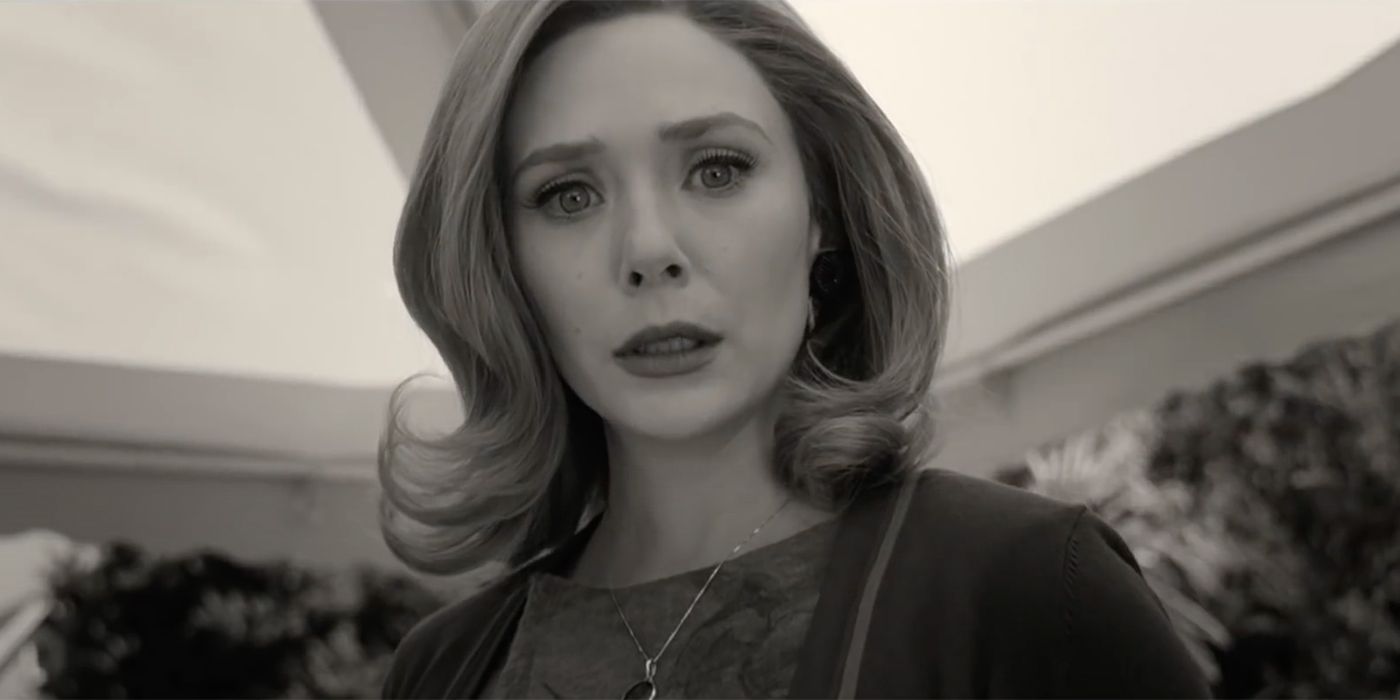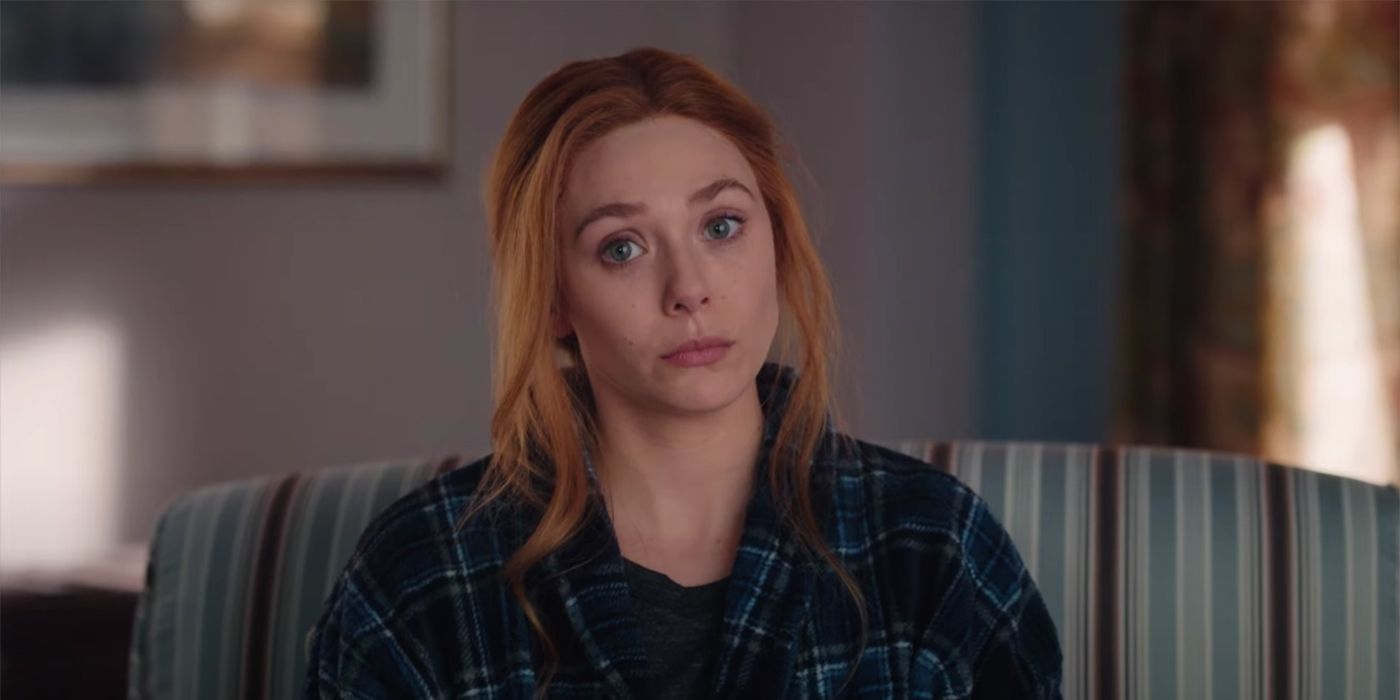
It's the show that everyone's talking about: WandaVision is the first show of Marvel's Phase 4 lineup, and thanks to the Coronavirus, it's the first MCU content since Spider-Man: Far From Home. That, combined with the reality-bending nature of the show, means people have been speculating about every little detail and out-of-place moment. One of the things almost everyone noticed, of course, is how the show continually changes aspect ratios, leaving many to ask the question: why?
Those who pay attention to the shifts between the sitcom world and the reality outside Wanda's bubble will notice that such changes in perspective are often accompanied by a change in aspect ratio. When audiences are first introduced to WandaVision, the show appears as a black and white, old-timey sitcom, and has a 4:3 aspect ratio to match how those shows used to be displayed.
RELATED: WandaVision is Key to Understanding the MCU's Future
However, episode 4 of WandaVision throws the audience into a nearby S.W.O.R.D. base that is investigating Wanda's situation, and the aspect ratio shifts to 2:40:1, which matches most other MCU projects. Jumping from 4:3 to a modern aspect ratio and making them feel connected is no small feat, and much of the work required to make it happen came from cinematographer Jess Hall. In an interview with Collider, Hall discusses both the technical challenges involved in the different styles, as well as the creative decisions that inspired the various changes. He mentions that creating a feeling of transition between the two worlds was a priority, and that it was important to heighten that tension using the aspect ratio switch, "partly because it was authentic, but also because it gave me an opportunity to use aspect ratio as a dramatic tool, using the contrast of that within the series to kind of heighten these moments of transition."

The team also had to develop their own set of special lenses in order to get the feel of the show just right. "I did a bunch of testing with period lenses, but they were quite fragile and there was only so much I could manipulate them," Hall explained. "So we actually ended up constructing our own set of lenses for that. I [used them on Episodes] 1, 2, 3, and actually we used them on 5 as well."
During the making and conceiving of WandaVision, Hall was concerned about the use of outdated styles, like black and white visuals, combined with 4:3. While there was a lot of discussion on the matter, Hall believes the decision to commit paid off in the end: "I mean, there were arguments that audiences don't like 4:3, but I think this has proved that if the content is good enough, audiences will accept 4:3 and they'll accept black and white."
Thankfully, it looks as though the gamble has paid off; WandaVision is a smash hit by all accounts and people seem to really enjoy the earnest recreations of classic sitcoms. Hopefully, as the show continues and the sitcom continues to blend further in with the real world, the technical tricks remain just as interesting and clever.
WandaVision is currently releasing on a weekly basis on Disney Plus.
MORE: WandaVision's Episode 8 Runtime Could be the Longest So Far
Source: Collider

